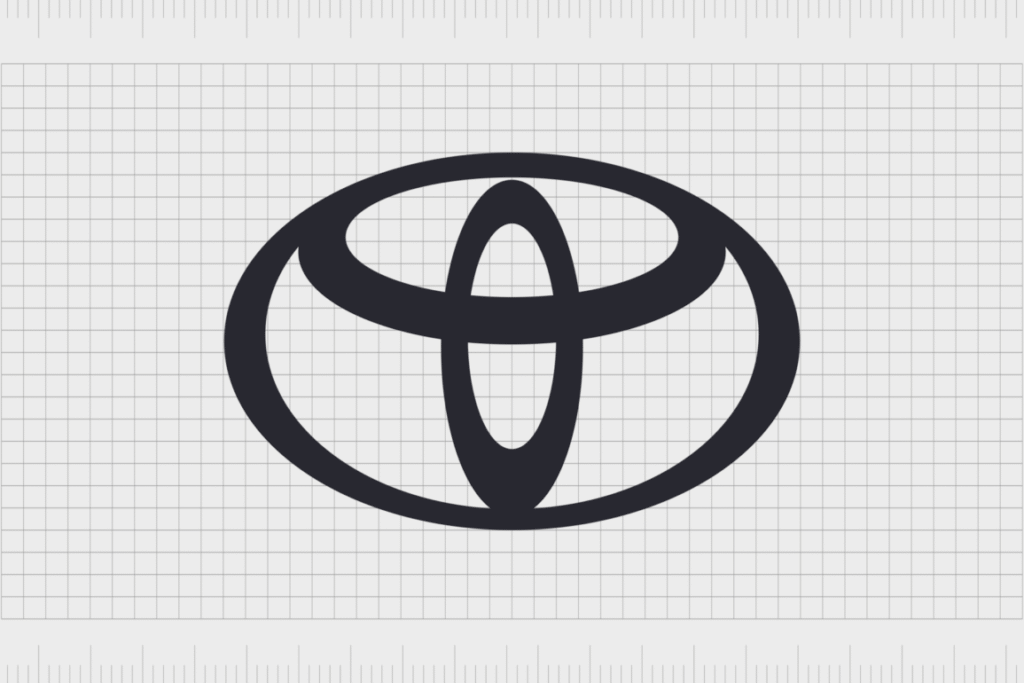October 6, 2025 | San Francisco — OpenAI has announced a significant shift in its copyright policy for Sora 2, its AI-powered video generation tool, following mounting criticism from creators, studios, and copyright holders.
The company is moving away from its original opt-out system—under which copyrighted characters and works were included by default unless explicitly removed—toward a more rights-holder-friendly opt-in model. This means content owners must now grant permission before their intellectual property can be used in user-generated videos.
The change follows a wave of backlash after early users of Sora 2 began producing realistic videos featuring iconic characters from franchises such as SpongeBob SquarePants, Pokémon, and Star Wars. Rights holders voiced concern that OpenAI’s previous approach exposed their content to misuse and placed an unfair burden on creators to constantly monitor and request exclusions.
“We are introducing more granular control for rights holders, including opt-in permissions and clearer content usage settings,” an OpenAI spokesperson said in a statement. “We remain committed to collaborating with artists, studios, and rights owners to ensure AI respects creative ownership.”
In addition to the policy shift, OpenAI is developing tools that would allow creators to:
- Specify how their content can or cannot be used;
- Set restrictions on character use or style of portrayal;
- Participate in revenue-sharing models tied to their content’s use in AI-generated media.
While the announcement has been welcomed by parts of the creative industry, questions remain about the practical enforcement of these policies. Critics note that without strong content detection and moderation systems, the risk of unauthorized use may persist—especially when users can still prompt AI to mimic copyrighted styles or personas.
Legal experts also point to lingering uncertainties around whether broad opt-outs will now be allowed—something OpenAI had previously limited to item-by-item takedown requests.
The policy revision comes amid a broader push across the tech industry to address how generative AI tools interact with copyright law. Companies like Adobe, Google, and Meta are also navigating similar tensions as AI-generated content becomes increasingly sophisticated and commercially viable.
OpenAI’s Sora 2 remains in limited invite-only release in the U.S. and Canada, but its capabilities—and controversies—are likely to influence future industry standards for responsible AI deployment in creative fields.



